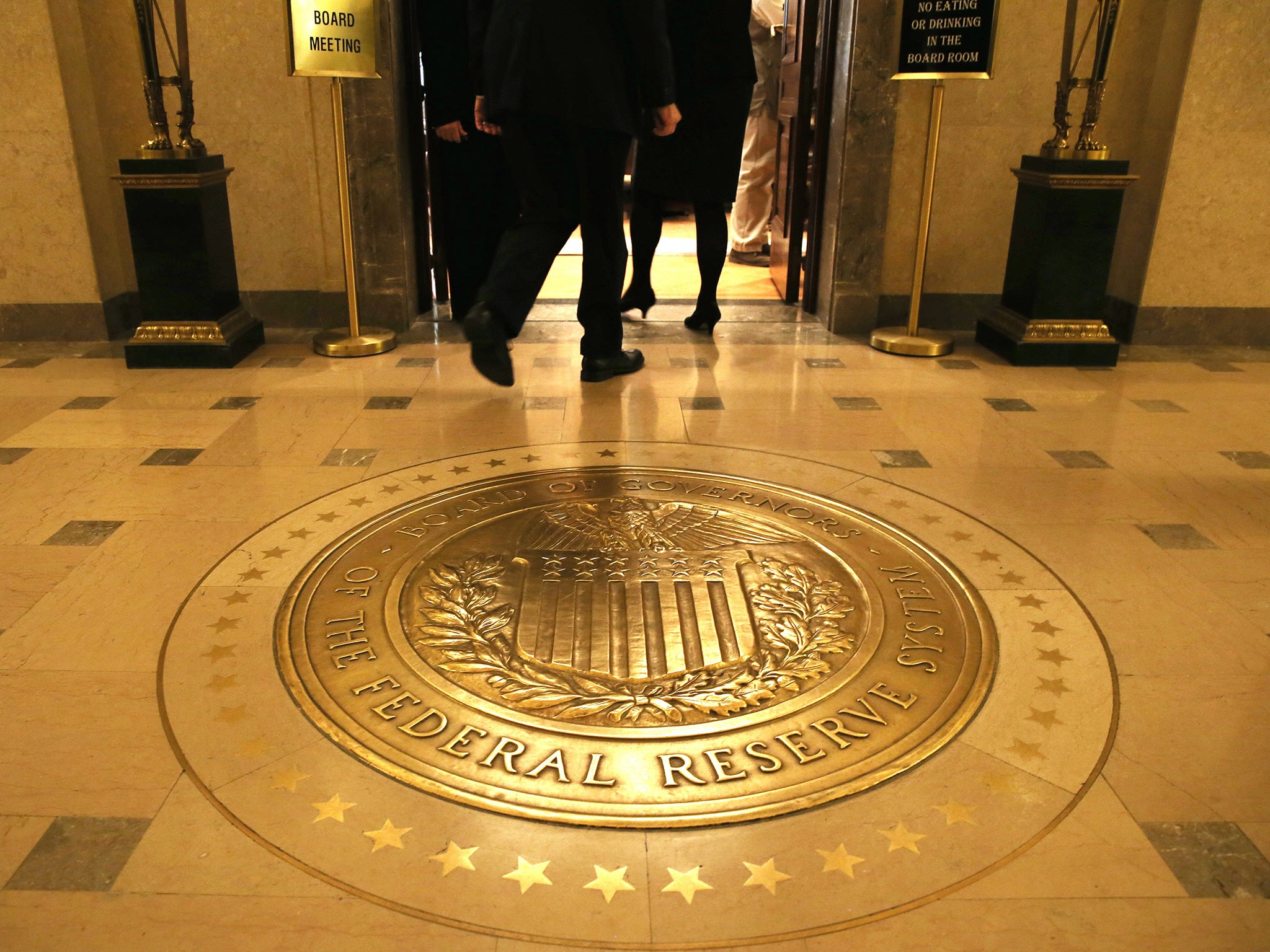With political diplomacy dominating the headlines, here are the five things in the economy to focus on if you want to follow the numbers
US tariffs and the upcoming Federal Reserve meeting could both have knock-on effects around the world


What is theatre, what is substance? The discordant G7 summit in Quebec City came and went – with Donald Trump, having departed for another little matter in Singapore, instructing his team not to endorse the communiqué calling for tariff reductions. So be it. The focus will now shift to whether there is any serious damage to the world economy.
This will be a week of political headlines, rather than economic ones, for there is a Brexit vote in the Commons in the UK, the evolving debate between Germany and France about the architecture of the eurozone, and clarification of what Italy’s new government is, or is not planning to do. But if the past months have taught us anything, you should focus on the numbers, not on the words. Example: anyone who thought the election of Donald Trump would be bad news for confidence in the US and sold their shares would have missed out on a 30 per cent profit. So what to look for?
First, the US is expected to produce a final list of tariffs this week. What’s in, what’s out and what retaliation comes through? It is hard to know quite what to make of all this because we have not had much experience of it – or rather, while there have been countless specific instances of trade frictions over the past generation, there has not been a general tit-for-tat battle. My instinct is that this will all settle down and any damage will be contained, but I am concerned that bluster (from all sides) will beat common sense.
Next, the US Federal Reserve meets on Tuesday, and is widely expected to increase interest rates. As always the thing to look for is not the announcement itself but the market reaction to it. The single most important number will be the 10-year treasury bond yield. It was just under 3 per cent on Friday. If it moves back up above 3 per cent by the end of the week, that will signal that the Fed is tightening faster than the market expected, which will have knock-on effects around the world.
It will, for a start, affect Europe. The European Central Bank meets on Thursday and will produce new forecasts of growth for the eurozone. The eurozone slowed sharply in the first quarter, unexpectedly so. As in the case of the UK, which slowed even more sharply, the question is whether this was a blip or something more fundamental. There is no question as to whether the eurozone has experienced a strong cyclical recovery. It has. The issue is: what is the long-term potential growth of the region? It is the one significant part of the world economy where there is plenty of spare capacity, so it can grow above trend for a while yet. But the long-term trend may not have improved. Let’s see what the ECB thinks.
What the Fed does also affects emerging markets, and the question there is: is it likely that there will be a general financial crisis as interest rates rise? There is a lot of distress about, but it is quite specific: Argentina, for example, or Turkey. It is not a generalised crisis akin to the Asian emerging market crash of the 1990s, or at least it does not look like that. But people who follow emerging markets closely are concerned and we should take those concerns seriously. If the US and eventually Europe squeeze global money supply that has consequences far beyond the borders of their own jurisdictions.
Finally in China we will see what retaliation there is to the Trump tariffs. It is hard to judge from a distance, but it is worth making two basic points. One is that relative to the size of the Chinese economy the US market is less important to China now than it was, say, 15 years ago. The other is that relative to the size of the US economy, the Chinese market is more important. What will they make of that? There should be a deal. Quite how they get to one is cloudy indeed.

Join our commenting forum
Join thought-provoking conversations, follow other Independent readers and see their replies